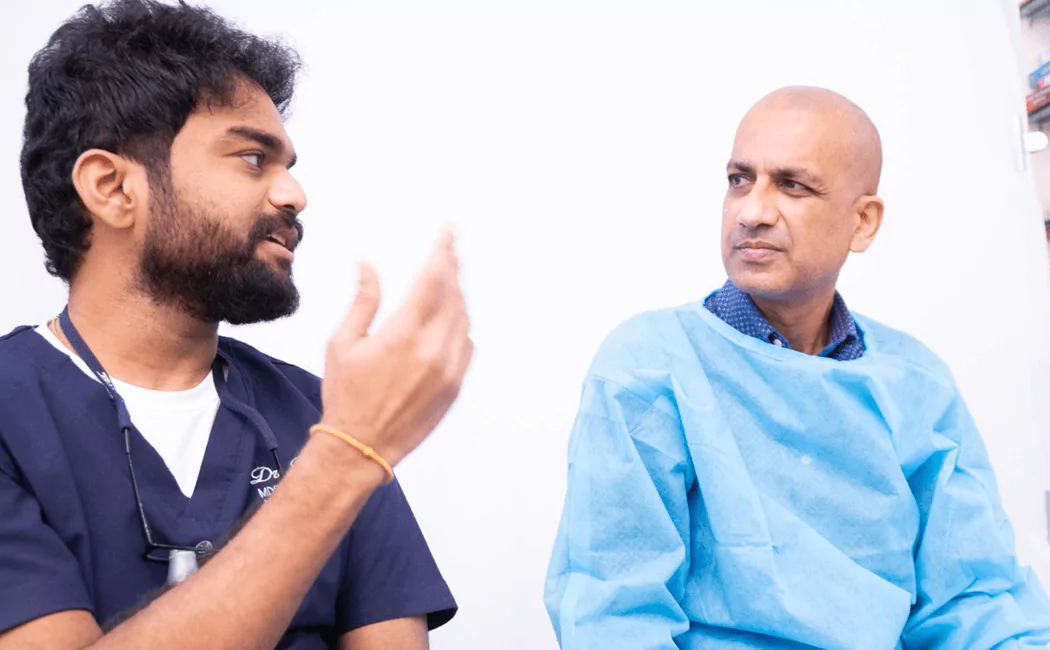Enquire Now
Redefining Smiles with Precision— in the Heart of Hyderabad.
All-on-6 Dental Implants in Hyderabad, India
An All-on-6 dental implant is similar to All-on-4; here, we use 6 dental implants in place of 4, unlike in All-on-4 implants. This approach is an effective solution for individuals seeking a full-mouth dental implant to restore functionality and aesthetics. If you don’t replace your natural teeth once they start to fall out, you eventually lose the underlying bone as well. In the absence of tooth structure, the bone tends to resorb as it loses its function. Bone resorption is accelerated by some systemic conditions, such as diabetes. In such circumstances, the underlying bone would not provide appropriate support for the denture.
How Does All-On-6 Dental Implant Surgery Works?
The All-On-6 Dental Implant Surgery gives a permanent prosthesis with six dental implants. These six dental implants act as the anchor for a bridge and are implanted in the lower or upper jaw to permanently anchor prosthetic teeth in place. We evaluate the anatomical structures in the mouth by conducting Cone Beam Computer Tomogram (CB-CT) scans and intra-oral scans.
Before All-On-6 Dental Implant Surgery
Depending on the bone density of the patient, grafting is done if needed. We examine and evaluate your mouth and advise you accordingly before starting the All-On-6 Dental Implant Surgery.
During All-On-6 Dental Implant Surgery
Dentists place the implant after all the scans are made. The implant is placed in the jaw bone and is covered with gums. It is a complete Zero pain surgery as the treatment is performed under LA or IV sedation. (any other specific information about step 2 can also be added)
After All-On-6 Dental Implant Surgery
It might take around 3 months to heal completely depending on your jaw strength. During this time, the jaw bone and gums shape themselves and bond with the new dental implants. You need to take utmost care till they are completely healed. Once the dental implants are completely fused into the jawline a permanent prosthesis is sealed on the dental implants.
Benefits of All-on-6 Dental Implant Surgery
All-on-6 dental implant surgery requires only 6 dental implants to have a complete arch of teeth per jaw rather than 10 – 12 implants in traditional dental implants.
Why Choose Us for All-on-6 Dental Implant in Hyderabad?
Utmost care is taken by dentists
Premium materials for Dental Implants
Trusted expertise in All-on-6 Dental Implant Surgery
Painless treatment
98% Success rate
Expertise since 15+ years
How to Clean All-On-6 Dental Implants?
You must keep your new teeth clean and clear from bacteria and plaque for your implants to last long. They can induce infection in the tissues and are the most common causes of implant failure. The maintenance of proper oral hygiene cannot be overstated.
Effective hygienic tips include:
Using a nylon coated brush, clean in between teeth and hard to reach areas.

Years of Experience
Patients Treated
Complex Root Canals Treated
Dental Implants
About Our Clinic Through Patient Words



Get Every Single Answer About All-On-6 Dental Implants
What are the benefits of an All-on-6 Dental Implant ?
Who needs an All-on-6 Dental Implant done?
How frequently should we visit the clinic ?
What is the difference between All-on-4 and All-on-6 dental implants ?
FOLLOW US ON SOCIAL MEDIA
